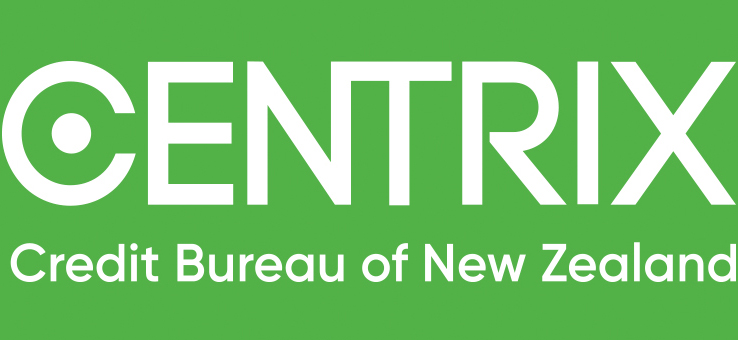Almost every consumer in New Zealand uses credit. Whether it’s applying for a credit card, opening a Buy Now Pay Later (BNPL) account, taking out a mortgage to purchase a home, or setting up an account with a telco or electricity company, credit underpins many aspects of our lives.
That’s why it’s helpful for people to understand what’s included on a credit report, how individual credit scores work, what impacts our financial health, and how we can look after our credit scores in the long run.
What is your credit score?
Your credit score is a number between zero and 1,000 that indicates how likely you are to pay your bills on time. The higher your credit score, the better your credit history, and the more likely you are to be able to secure goods and services on credit.
Your credit score can be found on your credit report, which is a summary of your payment history over the past 24 months. Every credit transaction you have made during that time either positively or negatively impacts your score.
Business, banks, utility companies and finance companies rely on credit reports and credit scores to help them make lending decisions – so having a high credit score is crucial to be able to access products and services that we often take for granted.
Centrix is a credit bureau that holds credit information on 95% of Kiwi consumers. People can apply for their personal credit report for free, to get an understanding of their credit status via the Centrix website.
What are lenders looking for on your credit report?
Ultimately, lenders such as banks and financial companies want to know the people borrowing from them are trustworthy when it comes to making repayments. They will be checking your credit report to see if you regularly make prompt repayments, avoid taking on extra debt and generally appear responsible with your finances.
They will also be checking for other key indicators to help them make lending decisions, such as the number of open credit facilities you have, your borrowing limits, and if you pay your bills on time each month.
What are the biggest credit mistakes Kiwis make?
Maintaining a good track record of credit repayments is crucial. While missing the odd bill payment won’t be catastrophic to your credit score, making a habit of it will negatively impact your credit score. Keeping to a budget and scheduling automatic payments can help you make payments on time and maintain a good credit score.
Ironically, not having any credit accounts to your name can be detrimental. Without records of repayment history, lenders won’t have any benchmark to rate you against and will be unable to make an informed lending decision.
How can you improve your credit rating?
Firstly, it’s worth understanding your own credit score and ordering your free credit report from Centrix – and if there is something on your credit report you don’t understand, you can contact Centrix and speak with the friendly team.
From there, the easiest way to improve your credit score is to pay your bills on time and settle any outstanding defaults. If you find yourself regularly missing payments, it is worth re-evaluating your finances, writing a budget and making lifestyle changes to help you meet your obligations.
Another easy action you can take is to limit how often you apply for credit. Lots of credit checks can signal that you might be in financial trouble and are looking for money to meet your expenses.
Finally, if you don’t have much of a credit history, opening a credit account such as a power or broadband account, and making regular payments, can help to prove that you’re a reliable customer, which can help when it comes time to take a large loan such as a mortgage or buying a car. High credit scores are usually assigned where you have a long active credit history and a very good payment history demonstrating you have a high level of financial stability.
Want to know your personal credit score? Click here to have your personal credit report sent to you for free.

